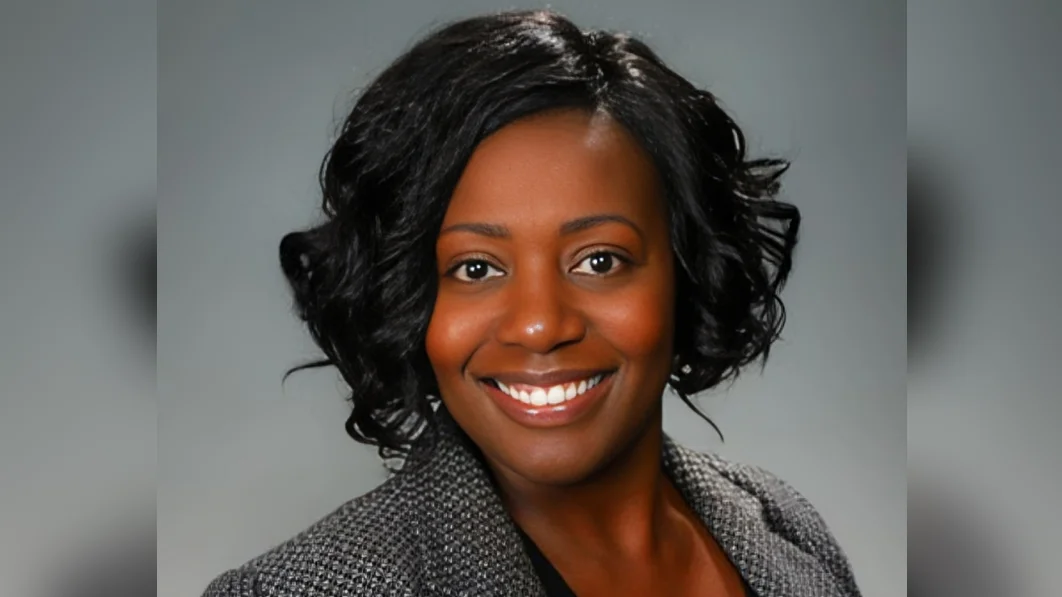
Interviews with university instructors have revealed significant variation in the teaching of induced travel in transportation engineering classrooms. While some educators emphasize it as a key concept, others omit it entirely. The study found that instructors also differ in their willingness to critique standard engineering practices; some are largely uncritical, while others aim to "counteract conventional wisdom."
Instructors who believe in induced travel but do not teach it often cite a lack of expertise and discomfort with teaching "soft" concepts. Teaching is frequently seen as secondary to research, leading to little motivation to address these challenges. Additionally, pragmatic concerns such as preparing students for the Fundamentals of Engineering exam and their future careers influence pedagogical decisions.
Some skeptical instructors question whether new travel is genuinely induced or merely shifted or previously suppressed. They argue that even if new travel is indeed induced, engineers still have a responsibility to accommodate it.
The contested language surrounding induced travel can lead to misunderstandings between proponents and skeptics. Despite potential common ground, profound disagreements persist regarding induced travel, standard engineering practices, and the fundamental purpose of engineering. Moving forward, establishing a shared vocabulary will be crucial for productive debates.
Dr. Kelcie Ralph is an Associate Professor at the Bloustein School.
Dr. Ellen Oettinger White is a PhD graduate of the Bloustein School and Assistant Professor at the SUNY College of Environmental Science and Forestry.